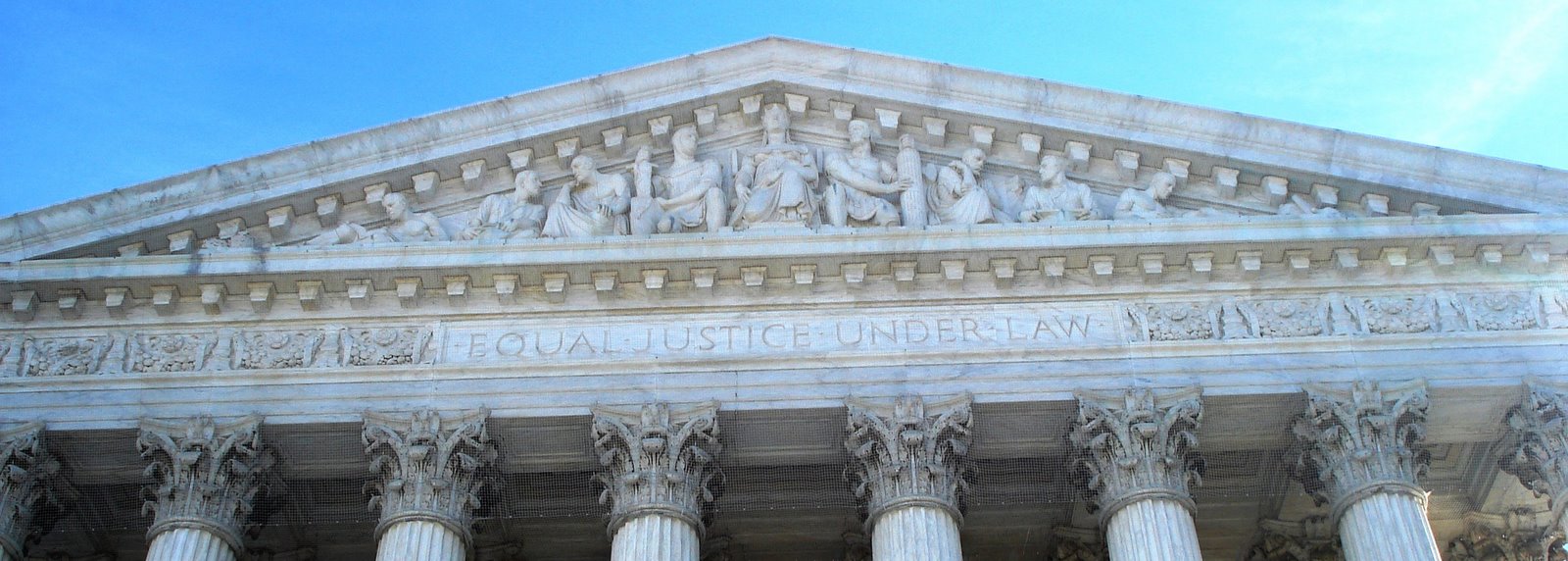Is now the time for PHL to change foreign ownership rules?
With investor confidence high on the latest Philippine credit rating to a full-blown investment grade, the lifting of restrictions on foreign ownership of businesses and companies could ignite more foreign direct investments (FDI) to make industries stronger and stoke job creation, an official of Standard & Poor's Ratings Services said Friday.
“To attract more foreign direct investments, one of the measures is to change foreign ownership law which require constitutional and legal changes,” Agost Benard, analyst at S&P, told a teleconference with reporters.
The media telecon came a day after the debt-watcher gave the Philippines the second investment grade rating since March 27 when Fitch Ratings upgraded the country's sovereign credit standing to the coveted status.
FDIs, Benard said, are key to improving productive sectors of the economy and providing much needed jobs.
FDIs increased by 9.8 percent to $2.03 billion in 2012 from $1.85 billion reported in 2011. Investor confidence have steadily increased since the Aquino administration remained firm on improving fiscal management by basically reigning in spending and raising revenues and introducing structural reforms, but analysts have noted the steps taken were relatively small compared to the Southeast Asian neighbors.
[http://www.gmanetwork.com/news/story/298749/economy/business/foreign-direct-investments-up-10-as-confidence-in-phl-rises]
“The concentrated nature of the economy, infrastructure shortfalls, and restrictions on foreign ownership, which deter foreign investment, are factors that hamper growth,” S&P said in its report on the Philippine upgrade.
A review the 1987 Constitution—drafted during the term of then-President Corazon Aquino, the late mother of President Benigno S. Aquino III—limits on foreign equity ownership in land utilities and telecommunications among others at 40 percent has been raised repeatedly by various sectors including foreign business chambers and some Filipino legislators.
In September 2011, Congressional leaders batted for a bicameral constituent assembly—where both the Senate and the House of Representatives will vote on it separately—to review the Constitution.
Discussions on Charter change, however, took a back seat with the Aquino Cabinet currently reviewing the economic costs and gains in changing the foreign ownership rule.
Changes to the Constitution were proposed as early as the 1990s, but these never prospered because of fears that it would trigger the extension of the terms of office of public officials. — GMA News 3 May 2013
skip to main |
skip to sidebar



FILIPPIJNSE RECHTSHULP Philippine Legal Advice Information and Networking SOLUTIONS

PLAIN Solutions Advocate

- SUI GENERIS
- The Hague, Netherlands
- PB Payoyo LL.M., Ph.D. [Member, The Philippines-Netherlands Business Council, The Hague; Country Expert, Royal Tropical Institute, Intercultural Professionals (KIT IMC Bv), Amsterdam]